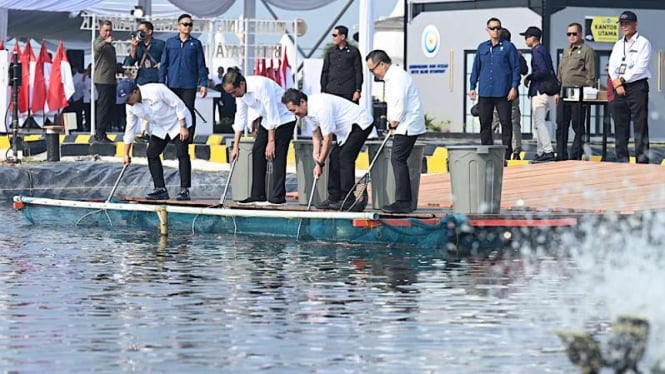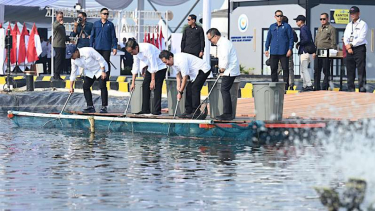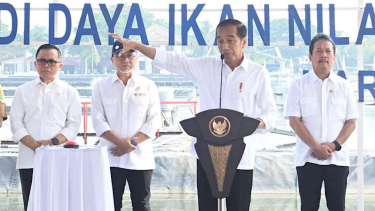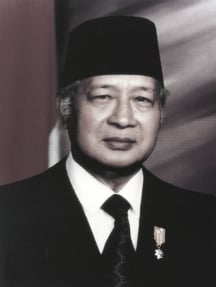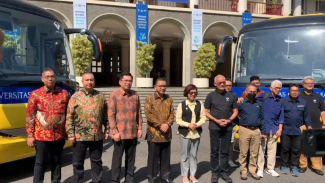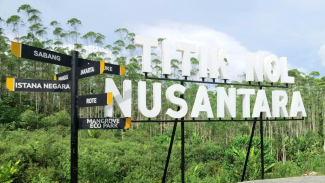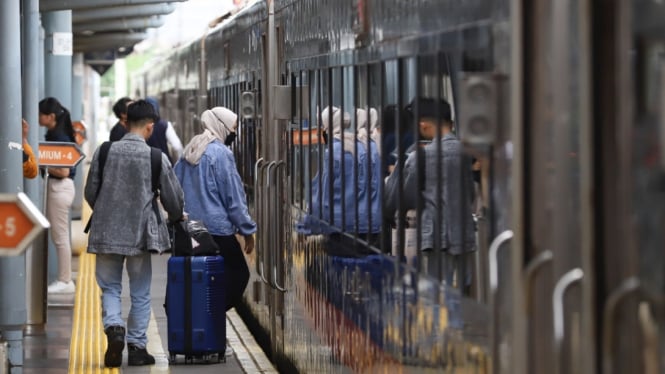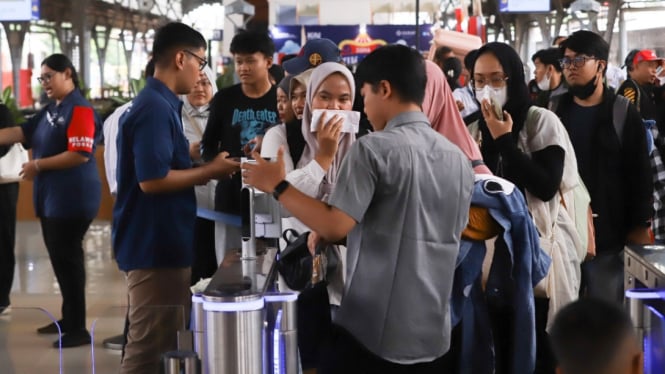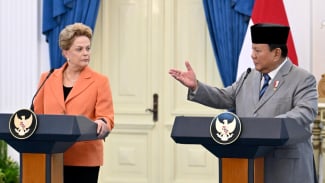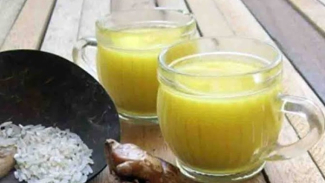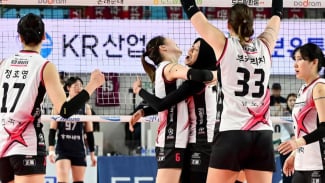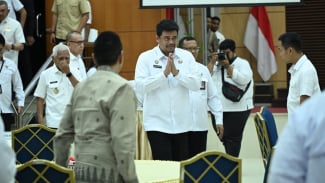Jokowi: Tilapia Fish Cultivation Has Huge Global Demand
- Biro Pers Sekretariat Presiden
Karawang – Indonesian President Joko Widodo (Jokowi) inaugurated the tilapia fish cultivation managed by the Ministry of Maritime Affairs and Fisheries (KKP) in Karawang, West Java, on Wednesday.
"I inaugurated the model of the salin tilapia cultivation pond area at the Aquaculture Production Business Service Center in Karawang District, West Java Province," the president stated in his speech.
The Head of State expressed hope that the cultivation model located in Sukajadi Village, North Pusakajaya, Cilebar Sub-district, would be able to capture promising global market opportunities.
Presiden Joko Widodo (Jokowi) Meresmikan Modeling Kawasan Budi Daya Ikan Nila
- Biro Pers Sekretariat Presiden
"Tilapia fish cultivation has a promising world market demand. In 2024, its value will be worth US$14.4 billion, or approximately IDR 230 trillion, which is very large," the President stated.
He further remarked that the salin tilapia cultivation model is a breakthrough carried out by KKP Minister Sakti Wahyu Trenggono, built in 2023 on an area of 80 hectares.
Based on a press release from the KKP Ministry, the land was originally a shrimp pond built by former president Soeharto in 1984 under the name of Pandu Tambak Inti Rakyat Project and stopped operating in 1998.
After its operations ceased, the shrimp pond land has been contaminated and has had no function for decades.
The cultivation of salin tilapia fish, carried out with an investment value of IDR 76 billion, is currently managed by the Aquaculture Production Business Service Center (BLUPPB), as quoted from Antara site.
Apart from the production pond, the president stated that the cultivation model has other facilities including a Waste Water Management Installation (IPAL), inlet outlet, water tank, and laboratory.
The production process also prioritizes the latest technology, one of which is the use of automatic feed machines.
The productivity of this model is expected to reach around 7,020 tons of fish per cycle, or IDR 210.6 billion, assuming the selling price of salin tilapia is IDR 30 thousand per kilogram.
Based on economic calculation assumptions, with a cost of production of IDR 24,500 per kilogram, the model will produce a profit of around IDR 38.6 billion.


